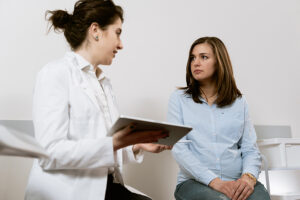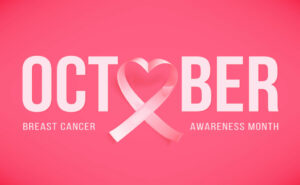Of the 25 million adult Americans suffering from some form of urinary incontinence, 75-80% of those are women. Bladder problems can range in severity from occasionally leaking urine when you sneeze or cough to having an overactive bladder that causes you to urinate more frequently than normal.
There are many different possible causes of bladder problems in women. Some common causes include pregnancy, menopause, UTIs (urinary tract infections), and certain medications. If you’re experiencing any type of bladder problem, it’s important to see your doctor so they can determine the cause and recommend the most effective treatment.
Causes of Bladder Problems in Women
UTIs
Urinary tract infections (UTIs) are a common cause of bladder problems in women. According to the Mayo Clinic, women are more prone to UTIs than men because they have shorter urethras, which makes it easier for bacteria to travel from the external genital area and enter the urinary tract. Symptoms of a UTI may include a strong urge to urinate even when the bladder is empty, pain or burning during urination, cloudy urine, and pelvic pain. Most UTIs can be treated with antibiotics.
Pregnancy
Bladder problems are also common during pregnancy due to the added pressure on the pelvis and urinary tract from the growing fetus. Some common bladder problems during pregnancy include urinary incontinence (leaking urine when coughing or sneezing), UTIs, and interstitial cystitis (painful bladder syndrome). Treatment for bladder problems during pregnancy may include pelvic floor exercises, avoiding foods and drinks that irritate the bladder, and using absorbent pads or diapers for incontinence.
Menopause
As women approach menopause, they may start to experience changes in their bodies that can lead to bladder problems. These changes include reduced estrogen levels (which can cause thinning of the vaginal walls and urethra), weight gain (which can put extra pressure on the pelvic floor muscles), and increased stress (which can lead to urinary incontinence). Treatment for menopause-related bladder problems may include hormone replacement therapy (HRT), vaginal estrogen creams or suppositories, pelvic floor exercises, and medications for incontinence or interstitial cystitis.
If you’re experiencing any type of bladder problem—from occasional leaks to chronic pain—it’s important to see your doctor so they can determine the cause and recommend treatment
While some causes cannot be prevented, there are treatments available that can help improve your quality of life.
WomanCare OB/GYN offers a variety of services to treat bladder problems in women of all ages. Contact us today to schedule an appointment.










